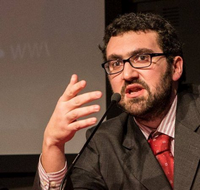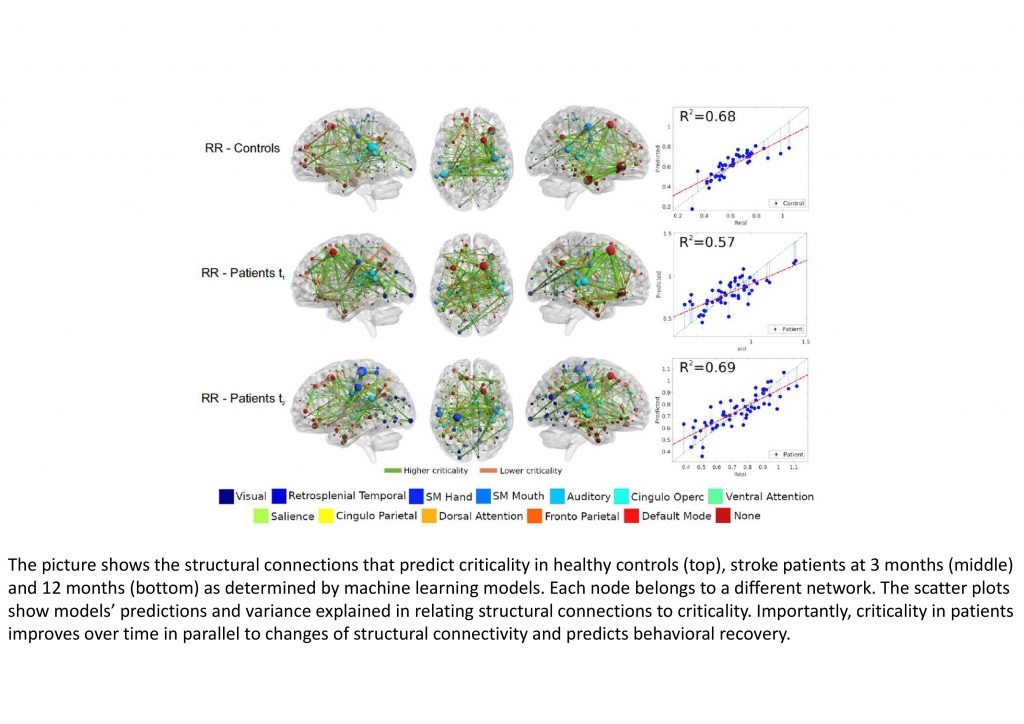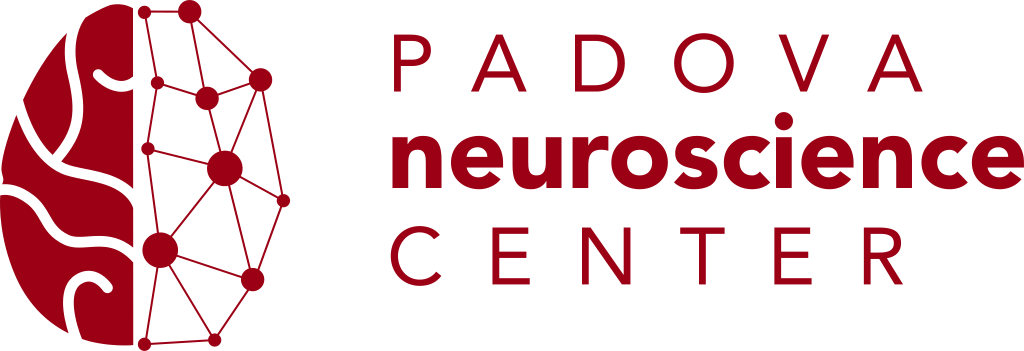The study ‘Recovery of neural dynamics criticality in personalized whole brain models of stroke‘ published in Nature Communications, fruit of an international collaboration among physicists, neurologists, psychologists, and PNC members Samir Suweis, Marco Zorzi and Maurizio Corbetta, proposes the theory of brain criticality to explain brain-behavior relationships in neurological patients.



Criticality is a physical state at the transition between order and disorder, and previous studies had shown that healthy brains work at criticality.
This study shows that patients affected by stroke present at three months decreased levels of neural activity, decreased entropy, and decreased strength of functional connections. All these factors contribute to an overall loss of criticality that improves over time with recovery. Importantly, changes in criticality predict the degree of behavioral recovery and depend on the remodeling of white matter connections.

Info sheet
Who: Department of Physics of the Federal University of Santa Catarina; Laboratory of Neural Computation of the Istituto Italiano di Tecnologia (Rovereto); Department of Physics and Astronomy of the University of Padua; Brain Connectivity and Behavior Laboratory of the Sorbonne Universities; Groupe d’Imagerie Neurofonctionnelle of the University of Bordeaux; Department of General Psychology of the University of Padua; IRCCS San Camillo Hospital Venice; Department of Neuroscience and Padova Neuroscience Center (PNC) of the University of Padua; and Veneto Institute of Molecular Medicine (VIMM).
What: Interdisciplinary approach to study the role of brain criticality and brain-behavior relationships in neurological patients published in Nature Communications: Recovery of neural dynamics criticality in personalized whole brain models of stroke.
Rocha RP, Koçillari L, Suweis S, De Filippo De Grazia M, de Schotten MT, Zorzi M, Corbetta M. Recovery of neural dynamics criticality in personalized whole-brain models of stroke. Nat Commun. 2022 Jun 27;13(1):3683. doi: 10.1038/s41467-022-30892-6. PMID: 35760787; PMCID: PMC9237050.


